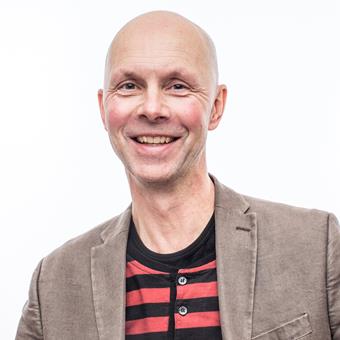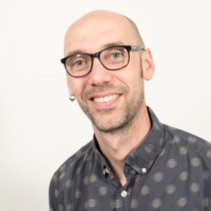Sustainable development is now part of the course syllabus for engineering, nature-oriented and socially oriented subjects, home economics and consumer studies; something which also applies to the areas of environment, energy and resource consumption. The purpose of this project is to investigate sustainable development as a field of knowledge in the education system: from primary school to secondary school and teacher training. This is done via interviews, document studies and focus groups with teachers and teacher trainers, and analyses of the teaching materials used. These are often provided free of charge by vested interests outside of school, such as business organisations and trade union associations.
Current demands on measurability and clarity in school conflict with more problem-oriented pedagogy, as demonstrated by one of the substudies in the project. The view of knowledge is instrumental. Teachers administer knowledge that the pupils consume. The study reveals that this is a view of knowledge which runs the risk of undermining teaching within an area as complex as sustainable development. Teachers also avoid questions which can be perceived as overly political. The study also shows how the study material used mediates a “neutral” image of an area which is surrounded by conflicting values and ideological differences. The teaching format instead becomes solution-oriented. Sustainable development is not about a more general adjustment of society; rather, it is a matter of identifying zones in which the pupils themselves can act, such as electricity consumption, transport, recycling and food.The project is divided into two substudies, where one follows different teacher training programmes in Sweden and the other focuses on secondary level institutions. The project has three general targets:
Development of teaching methods
There are three intermediate targets under this general target.
- describing the content assigned to sustainable development in teaching contexts in different parts of the school system, which aspects can be emphasised and which can be toned down. Greater focus on energy and climate change issues.
- clarifying the significance of the concept in teaching contexts and thereby facilitating its implementation.
- identifying the role of this interdisciplinary field of knowledge in what remains a disciplinary education system.


